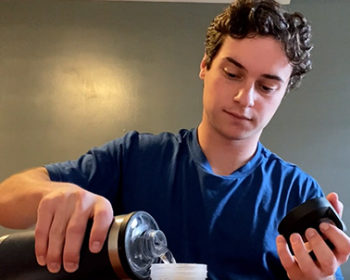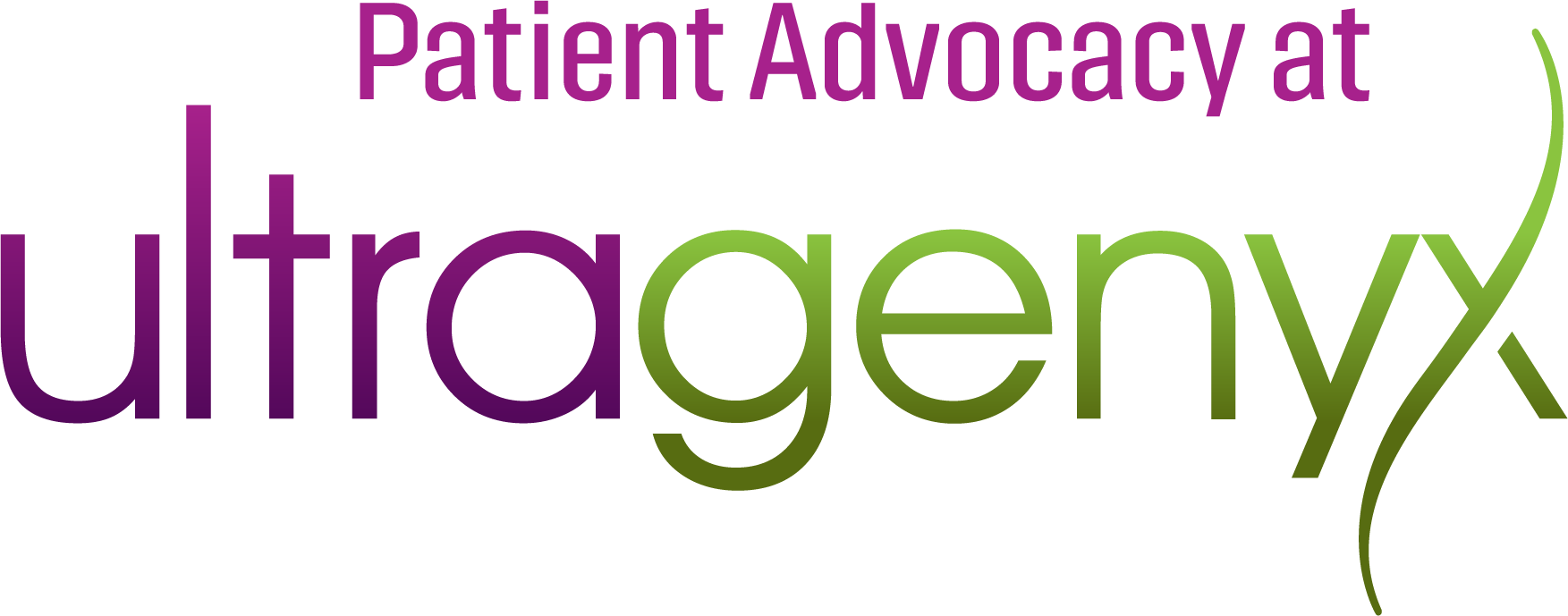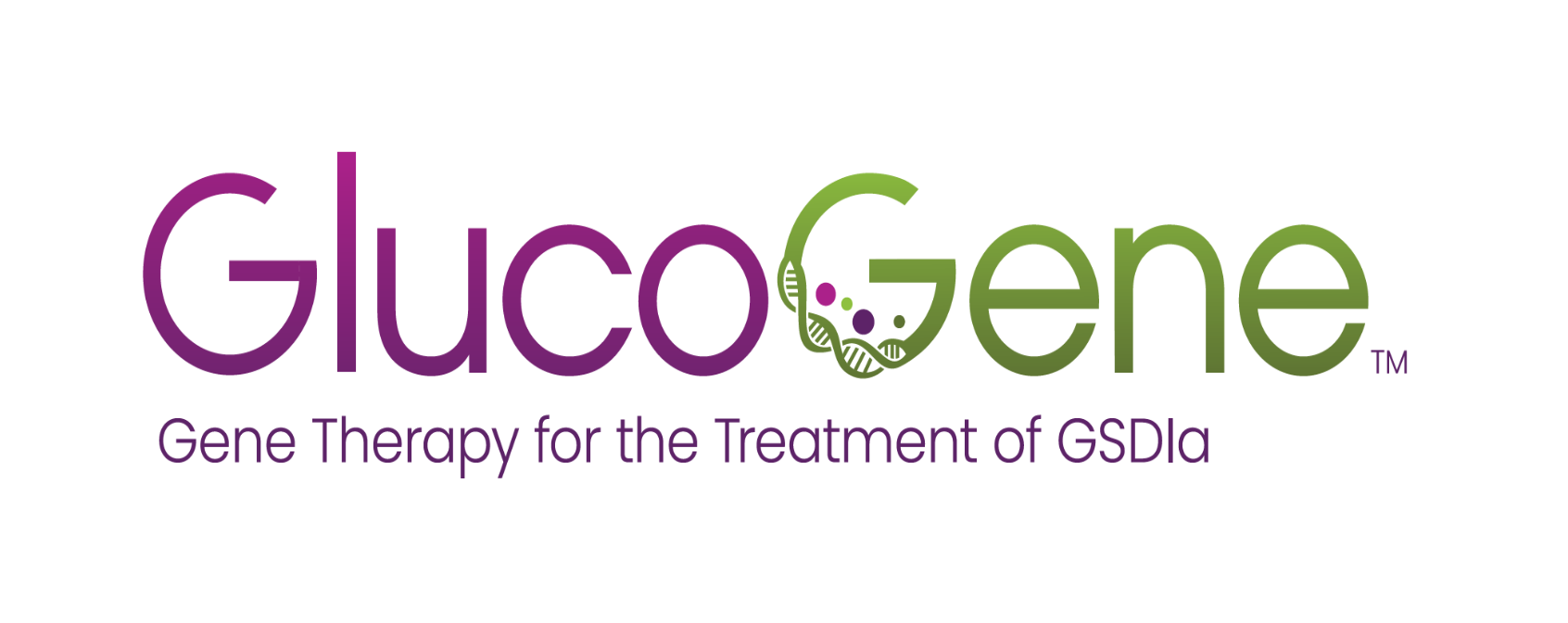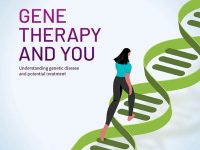Also known as Von Gierke disease, glycogenosis type 1, glucose-6-phosphate deficiency, hepatorenal glycogenosis, glucose-6-phosphate deficiency glycogen storage disease, glycogen storage disease type 1a (GSDIa)
What is it?
Glycogen storage disease type Ia (GSDIa) is a genetic disorder that results in the buildup of glycogen in the body’s cells and an inability to regulate and maintain normal blood sugar levels. It is the most common type of genetically inherited glycogen storage diseases.
What Causes It?
GSDIa is caused by a defective gene for the enzyme glucose-6-phosphatase, which makes the body unable to convert the complex sugar glycogen (from foods such as carbohydrates) into glucose and regulate blood sugar.
What Are Some Common Symptoms?1, 2
- Poor growth (failure to thrive) and developmental delays in infants
- Hypoglycemia or low blood sugar (which can result in shakiness and lightheadedness)
- Enlarged liver
- Elevated lactate and uric acid levels in the blood and urine
- Seizures
- Kidney failure (if left untreated)
How Many People Have It?
Approximately 6,000 or more patients in the developed world are affected by GSDIa.3
National Organization for Rare Disorders. Glycogen Storage Disease Type I. NORD Website. Published 2019. Accessed October 31, 2021. https://rarediseases.org/rare-diseases/glycogen-storage-disease-type-i/
Glycogen storage disease type 1A. National Institutes of Health: Genetic and Rare Diseases Information Center Website. https://rarediseases.info.nih.gov/diseases/7864/glycogen-storage-disease-type-1a. Updated March 1, 2019. Accessed March 29, 2019.
Ultragenyx Pharmaceutical Inc. Data on file.
Intended for U.S. audiences only
Participate in GSDIa Research
To talk to someone and get more information about Ultragenyx clinical trials and research, email [email protected].Clinical Trials
Upcoming Community Events
Participate in Events Near YouSep 1
In September, organizations across the country raise awareness about the importance of screening newborns for potential illnesses and genetic disorders. Learn more
May 6
During this week the Osteogenesis Imperfecta (OI) community members educate and raise awareness on the condition. They celebrate Wishbone Day, the international Day of Awareness for OI.
May 15
Every year on May 15, the mucopolysaccharidosis (MPS) and mucolipidosis (ML) community comes together to recognize those diagnosed, think about the loved ones who have been lost, thank doctors and […]
*These organizations are an incomplete listing of rare disease advocacy groups and are not controlled by, endorsed by, or affiliated with Ultragenyx Pharmaceutical Inc. The list is meant for informational purposes only and is not intended to replace your healthcare professional’s medical advice. Ask your doctor or nurse any questions you may have about your disease or treatment plan. If you would like to have your group added to the list, please contact [email protected].
Rare Experiences
View All Experiences
Jonah
Glycogen Storage Disease Type Ia (GSDIa)“As I got older, I started learning how to listen to my body to know when I needed something.”


